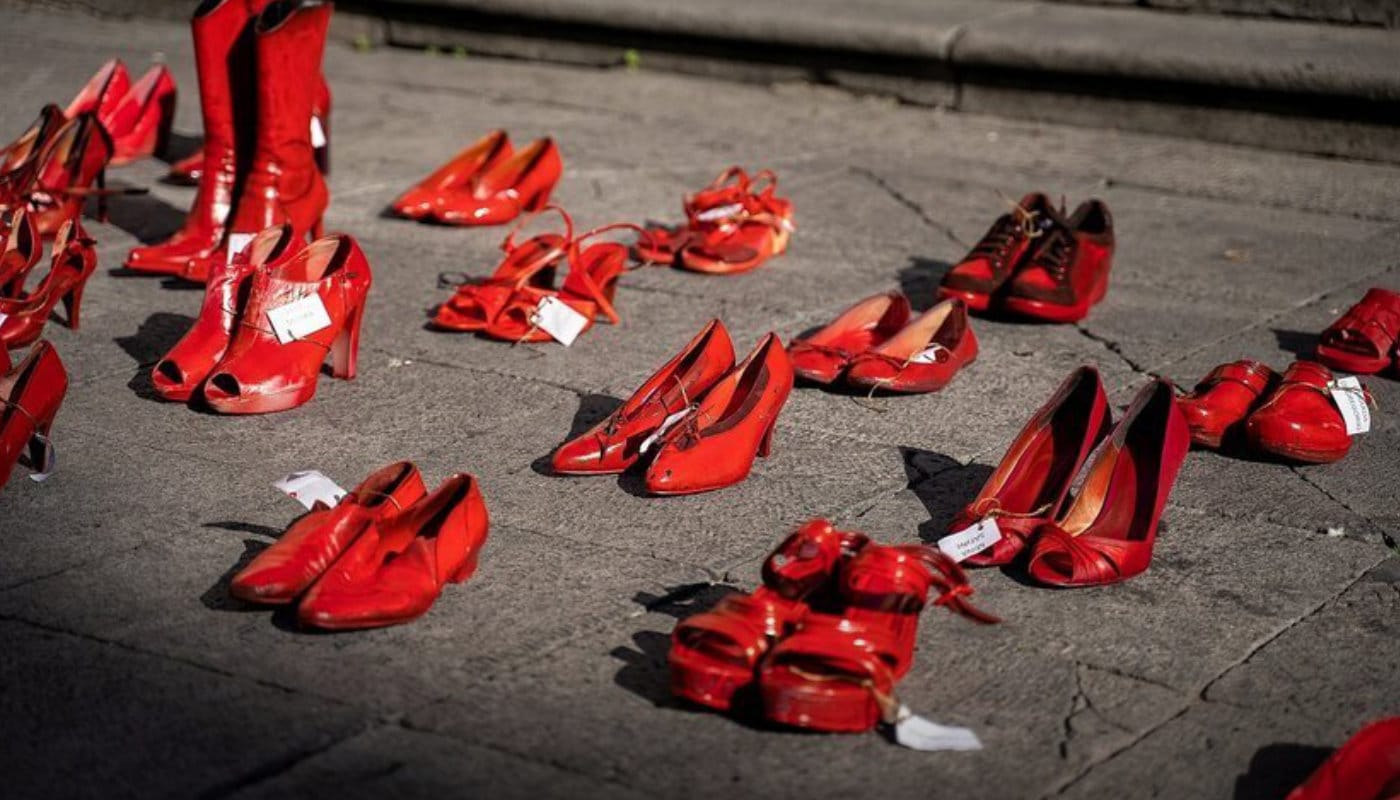“Women from the guest worker generation are often seen as appendages to their husbands. Weak. Suppressed. Yet many came without a husband – and not just to work.” Nina Monecke spoke to Asimina Paradissa, a Greek woman, for ZEIT ONLINE (€).
In 1966, 19-year-old Paradissa wanted to work in Germany and needed her father’s signature for the job contract. He opposed it and had already arranged a husband for her. Eventually, her brother convinced their parents, and both traveled to Munich. From then on, as described by Monecke, Paradissa made all decisions in her life without a husband. She has been living in Wuppertal for over 40 years now.
By 1968, 42% of guest workers were women traveling alone. This was intentional – unmarried and childless women were seen as more resilient, mobile, and flexible than married ones in Germany. Some even left their husbands and children back home to become the breadwinners for their families.
For a long time, Paradissa says, no one cared about the experiences of guest worker women in Germany. The history depicted in documentaries and images of guest workers often focuses on men. However, in 1973, 30% of foreign workers were women, with more than 706,000 guest worker women living in Germany. This was during a period when less than a third of West German women were employed.
Paradissa worked at various companies, spending the last 32 years at an automotive supplier. With her first savings, she bought a camera and a typewriter. During work, she composed poems in her mind and typed them out in the evenings; some were later published in Greece. Her poems reflect homesickness, the cold in Germany, the challenge of finding an apartment as a Greek woman, and a neighbor in Wuppertal who disdainfully muttered “the foreigners again” as she passed by.
She remained unmarried – her freedom was always more important to her. She photographed weddings of Greek and German friends, documenting her time as a guest worker. According to Monecke, her photos are evidence of what has become clear in documentaries and books by migrant authors: the history of guest workers included not just factory halls but also joy and celebrations.
For Paradissa, life in Germany meant emancipation, despite the exploitation of women like her: guest worker women were assigned the least attractive jobs, unskilled work in industry and services. “Light wage groups” were introduced, where women earned 30% less than male guest workers. Women protested against this and gradually achieved the abolition of discriminatory wage groups.
Today, former guest worker women receive an average pension of €661. Paradissa receives €930, which reflects her contributions during her working life.

Posted by herCAREER,
Published on LinkedIn on 11.03.2024












